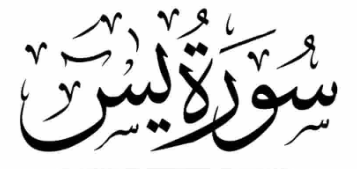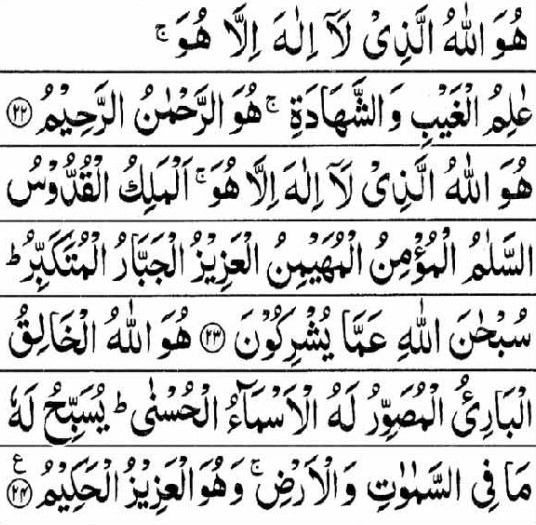As Muslims, we all know that the verse of Ayatul kursi holds great importance and power. It is something we have been taught by our parents and teachers and scholars. But where did they get it from? The virtues, benefits and rewards of ayatul kursi have been narrated to us by our beloved Prophet Muhammed SAW.
Read the full article of Ayatul kursi here>>
Many ahadith will be mentioned in this article which will inform us of the benefits of ayatul kursi. Insha’Allah, they will encourage us to start reciting this powerful verse more often and truly feeling the connection with our creator.
What are the benefits of making a routine of reciting Ayatul Kursi?
Ayfa’ told of a man who asked Allah’s Messenger (peace be upon him) which surah of the Qur’an was greatest and was told that it was “Say, He is Allah, One.” He asked which verse of the Qur’an was greatest and was told that it was the Throne Verse, “Allah, there is no god but He, the Living, the Eternal.” He asked Allah’s Prophet which verse he would like to bring good to him and his people and was told, “The end of Surat Al-Baqarah, for it is one of the treasures of Allah’s mercy from under His throne, which He gave to these people, and there is no good in this world and the next, which it does not include.”
[Al-Tirmidhi – Hadith 2169]
Abu Umamah reported: The Messenger of Allah, peace and blessings be upon him, said, “Whoever recites the ‘verse of the Throne’ (ayat al-kursi) after every prescribed prayer, there will be nothing standing between him and his entry into Paradise but death.”
[al-Mu’jam al-Kabīr 7406] Grade: Sahih (authentic) according to Al-Albani
This hadith tells us that we must make sure we recite ayatul kursi after every single fardh (compulsory) prayer. If we do this, Nabi SAW has said we will be guaranteed to enter paradise. He SAW also mentions: “there will be nothing standing between him and his entry”. This could mean that even as Muslims, we could enter the fire and suffer punishment before being admitted into the gardens of Jannah. However, if we recite ayatul kursi as Prophet SAW mentioned then only death will come in between us and Jannah as every single person has to go through death.
Ayatul kursi benefits
Narrated Abu Huraira:
Allah’s Messenger (SAW) ordered me to guard the Zakat revenue of Ramadan. Then somebody came to me and started stealing from the foodstuff. I caught him and said, “I will take you to Allah’s Messenger (SAW)!” Then Abu Huraira described the whole narration and said: That person said (to me), “(Please don’t take me to Allah’s Messenger (SAW) and I will tell you a few words by which Allah will benefit you.) When you go to your bed, recite Ayat-al-Kursi, (2.255) for then there will be a guard from Allah who will protect you all night long, and Satan will not be able to come near you till dawn.” (When the Prophet (SAW) heard the story) he said (to me), “He (who came to you at night) told you the truth although he is a liar; and it was Satan.”
[Sahih al-Bukhari 5010, Book 66, Hadith 32]
The story mentioned above is one that is well known and stated frequently. It includes a benefit which will prove so helpful to any of us. Ayatul kursi will protect you all night long if you pray it before sleeping, and shaytaan (Satan) won’t even come near you till you wake up.
When Hadhrat Abu Huraira RA mentioned the story to Nabi SAW, he was told that shaytaan told him to recite ayatul kursi and shaytaan spoke the truth. So if shaytaan knows the benefits of ayatul kursi then we should also know. In fact, it’s imperative that not only do we know, but we act upon it because of the clear virtues it brings and also teach others to pray it.
Hadith
Once Rasulullah (SAW) asked Sayyiduna Ubayy ibn Ka’b (RA): “Do you know which is the greatest verse in the Qur’an?” He replied, ‘Allah and His Rasul (SAW) know best.’ Thereafter, Rasulullah (SAW) repeated the question, so Sayyiduna Ubayy ibn Ka’b (RA) replied, ‘Allahu la ilaha illa huwal yahhul qayyum.’ Rasulullah (SAW) tapped his chest (affectionately) and said, “May you be congratulated on your knowledge.”
[Sahih Muslim]


